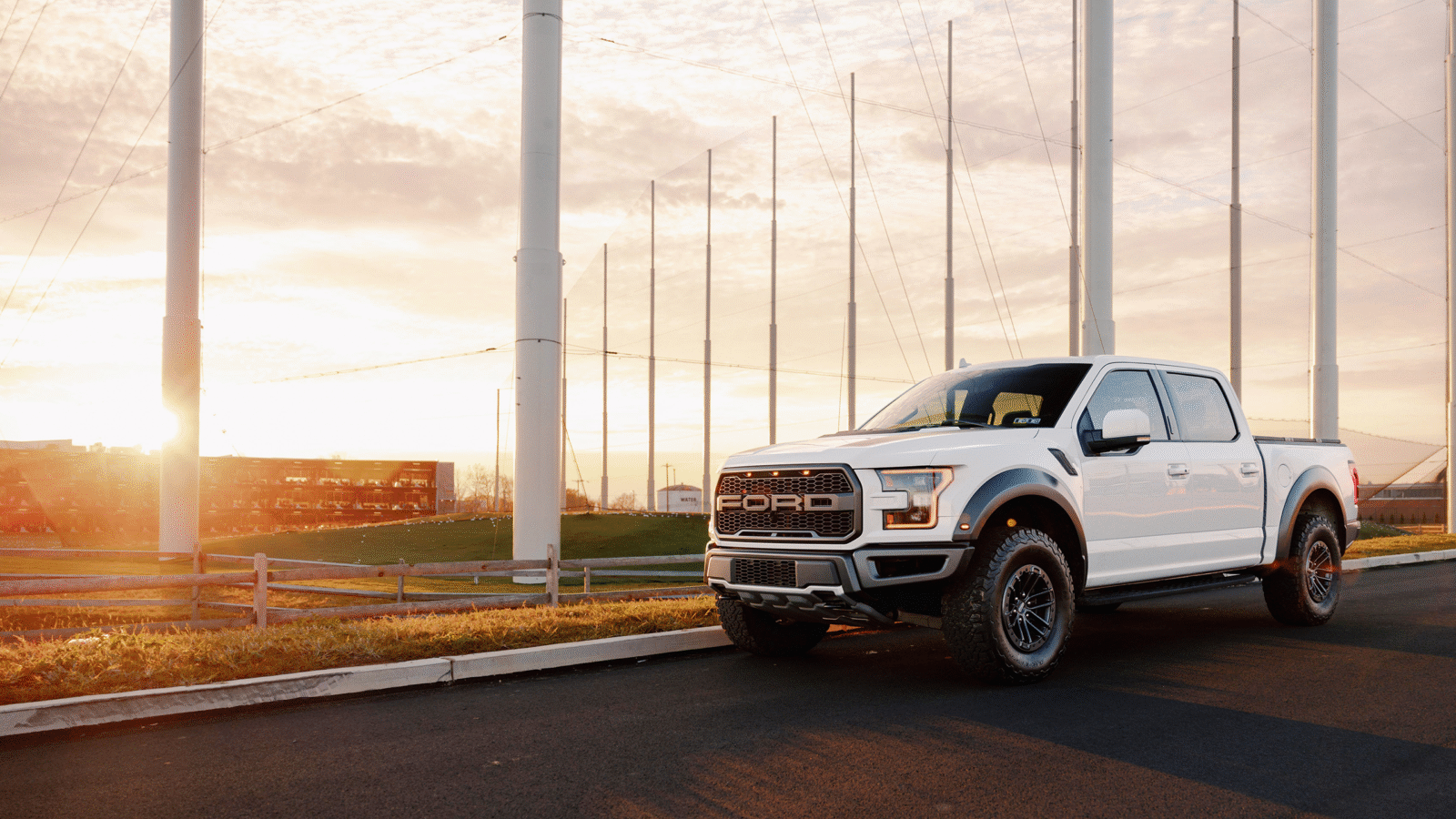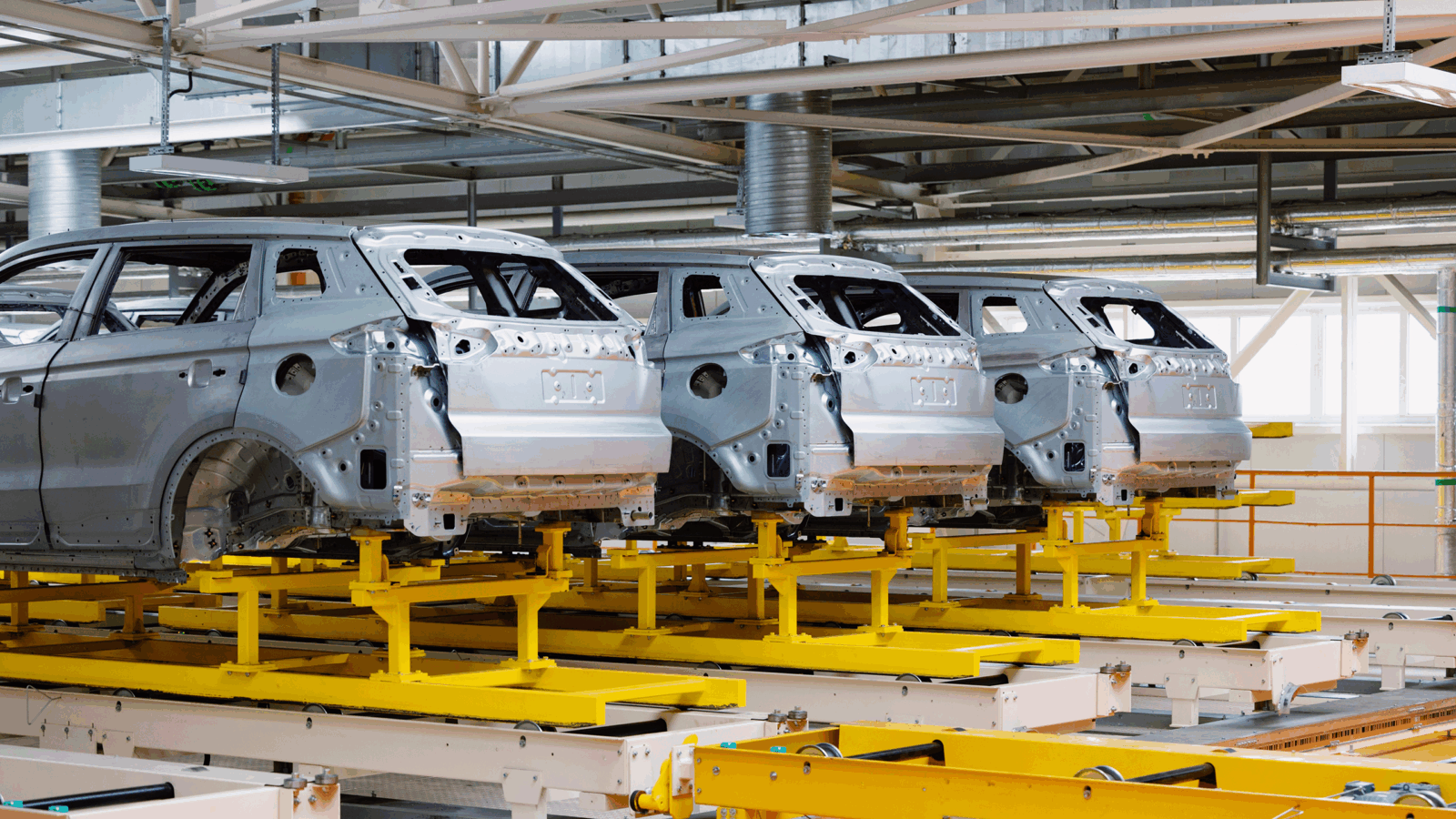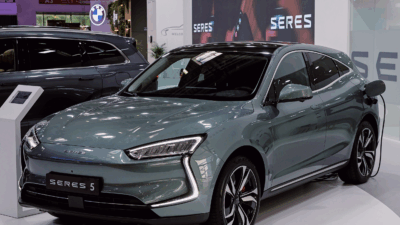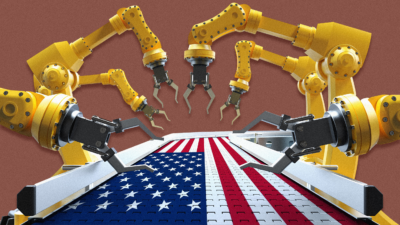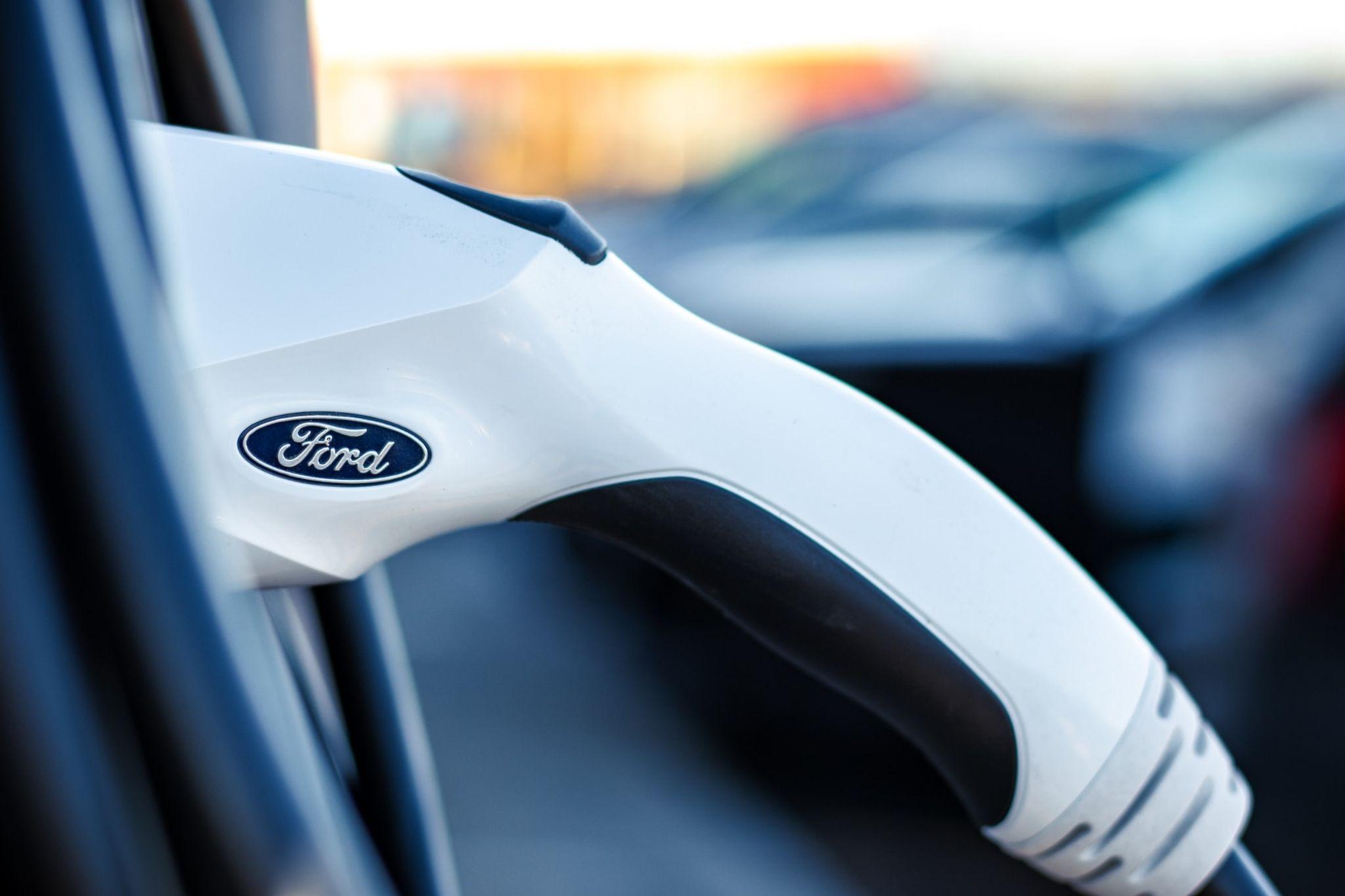
Sign up for smart news, insights, and analysis on the biggest financial stories of the day.
The road to electric vehicles may not be as smooth as we thought.
Ford — along with major carmakers GM, Volkswagen, Mercedes, and Volvo — plans to stop producing combustion engines and go all-electric in roughly the next decade, but based on most recent sales the transition could take even longer.
Hybrid Demand
Ford’s quarterly profit report last week was solid, beating Wall Street’s expectations and raising its outlook for the full year. However, its success was built on traditional gas-powered trucks and SUVs, not its fleet of EVs, where adoption has been slower than expected. It’s not just Ford, though. In a recent study, Cox Automotive found that US dealers have more than 92,000 EVs parked in stock, more than three times the inventory from a year ago.
Even after cutting prices on its EV F-150 Lightning and Mustang Mach-E models, Ford’s EV division lost $1.08 billion last quarter, and the company expects a $4.5 billion loss for the entire year. In addition to strong sales from traditional vehicles, the surprise was the health of hybrids:
- CEO Jim Farley said on the earnings call that he was frankly surprised to see how well hybrids were selling. More than 10% of F-150 customers bought the hybrid, and a whopping 56% of Maverick buyers did the same. Farley noted that hybrids are attracting customers that like traditional engines but crave the added electrical outlet capabilities for job sites and recreation.
- Toyota saw similar action, with its quarterly global hybrid sales growing nearly 40%, and a recent Kelley Blue Book survey found that car buyers today are about twice as likely to consider hybrids over fully electric vehicles.
White House Standards: While sluggish EV sales are a mixed bag for Ford and other car companies, it’s even worse news for the Biden administration, which has made EV adoption a primary goal for American consumers. To further that objective, the US Department of Transportation recently proposed increasing fuel efficiency standards annually by 2% for cars and 4% for light trucks, which would create a fleet-wide average of 58 miles per gallon by 2032. The Alliance for Automotive Innovation trade group said the measures are similar to ones the Environmental Protection Agency proposed in the spring, which the group found “neither reasonable nor achievable.”
